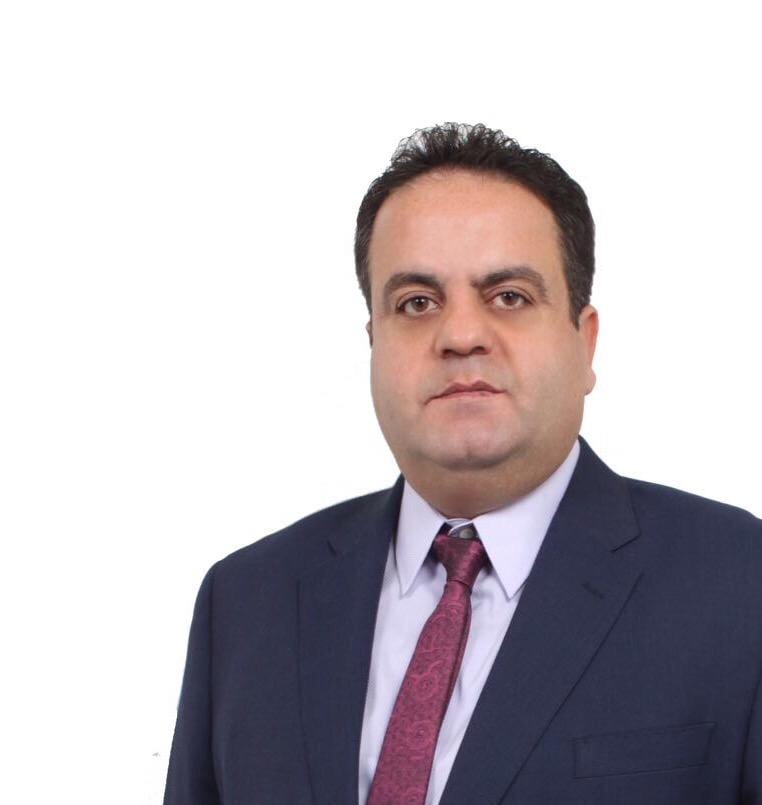Better late than never, as they say. Although it has been delayed, the UN General Assembly’s tenth emergency session, which begins this Thursday, offers hope to the people of the world who have been calling for an end to the genocide of the Palestinians in the Gaza Strip ever since the Netanyahu-led bombing campaign began with support from the West. Given the Security Council’s failure to agree on action due to the US veto of a draft resolution calling for a ceasefire, no choice is left to confront this madness except for the General Assembly to replace the Security Council and take the necessary measures, including armed force, in accordance with the United for Peace resolution.
Nobody of note has stood up to tell Biden and his allies that enough is enough
Over the past 17 days of war, in which thousands have been killed and wounded by Israel’s bombs, and civilian infrastructure in the Gaza Strip has been destroyed, the US-led Western position has become more rigid and unwavering over what they call “Israel’s right to self-defence”. Nobody of note has stood up to say to US President Joe Biden and his allies that enough is enough. More than 170 UN member states, including 57 Arab and Islamic countries, have disappeared from the scene, except for some occasional hot air.
READ: White House, a ceasefire right now will only benefit Hamas
The big test, the day for answering big questions, is now coming up tomorrow. As many predicted after the war kicked off between Russia and Ukraine, though, do we truly live in a multipolar world? Will a global humanitarian front emerge to oppose the US-led military coalition and take strong decisions that represent the aspirations of the people to put an end to the genocide in Gaza?
Let us be optimistic; we have no other option given the cruelty of the evil alliance headed by the US. Those present on Thursday must unite their voices and decisions to fortify the push for peace and stifle the will for war.
There are 193 members of the UN at the moment, with around 23 whose governments usually back Israel and its occupation. Although a tiny minority, they have managed to subvert international peace and security agreements, rendering peace efforts meaningless.
Under the auspices of the Emergency Assembly, 170 nations — including nuclear-armed states — are able to conduct a nonviolent rescue effort for the Gaza Strip. Israel will receive a plethora of weaponry from the US and its allies, along with naval strike groups. Why, in exchange, do others states not dispatch their navies to guard rescue crews and humanitarian convoys? They can set the pace, just as they are doing in Taiwan and the Ukraine, and neither Israel nor the US will dare fire a single shot at convoys flying their national flags alongside the UN flag.
READ: US rushes to deploy arms to Israel amid ‘textbook genocide’ in Gaza
However, geography constitutes a big problem for us, for Gaza and for the countries that are going to meet on Thursday. Egypt, which was humiliated by Israel after bombing its border military sites and Rafah Crossing, did not defend its sovereignty and instead seemed subservient and even compliant with Israel’s plan to crush the Gaza Strip, according to statements made by President Abdel Fattah Al-Sisi and his foreign minister. Interestingly, the Gaza Strip was not choked to death during earlier Israeli military offensives launched during Hosni Mubarak’s era. Instead, international campaigners, medical teams and humanitarian aid passed through the Rafah Crossing into Gaza against Israel’s will.
In brief, Thursday’s emergency meeting of the UN General Assembly needs to do the following:
- Call for an immediate end to the unjust Israeli war.
- Open the Rafah crossing for humanitarian relief convoys and medical teams under international military protection.
- Transport thousands of injured people for overseas medical care.
- Offer immediate protection to Palestinian detainees in view of Israel’s policy of torture and arbitrary detentions.
- Bring a genocide case against Israel before the International Court of Justice, citing acts in the Gaza Strip and other occupied Palestinian territories.
- Put pressure on the International Criminal Court’s Public Prosecutor to work on the files received regarding the crimes committed in the Gaza Strip.
- Find practical mechanisms to protect the Palestinian people and the holy sites, especially Al-Aqsa Mosque, in order to prevent such crimes from happening again.
- End Israel’s occupation of Palestine which is the root cause of the ongoing genocide.
Considering Israel’s 75 years of violence against the Palestinian people, coupled with the current Gaza genocide, these are the bare minimum demands. They are not impossible to meet, as they are fully compatible with international humanitarian law, and there are forces that have the will to implement all or some of them. The most important thing is for the bombs and missiles to stop falling.
READ: 300 int’l figures call on UN to end the ‘bloodbath’ in Gaza
The views expressed in this article belong to the author and do not necessarily reflect the editorial policy of Middle East Monitor.


![UN General Assembly at UN headquarters in New York City on October 10, 2023 [BRYAN R. SMITH/AFP via Getty Images]](https://i0.wp.com/www.middleeastmonitor.com/wp-content/uploads/2023/10/GettyImages-1716512105-scaled-e1698239902844.jpg?fit=1200%2C799&ssl=1)









